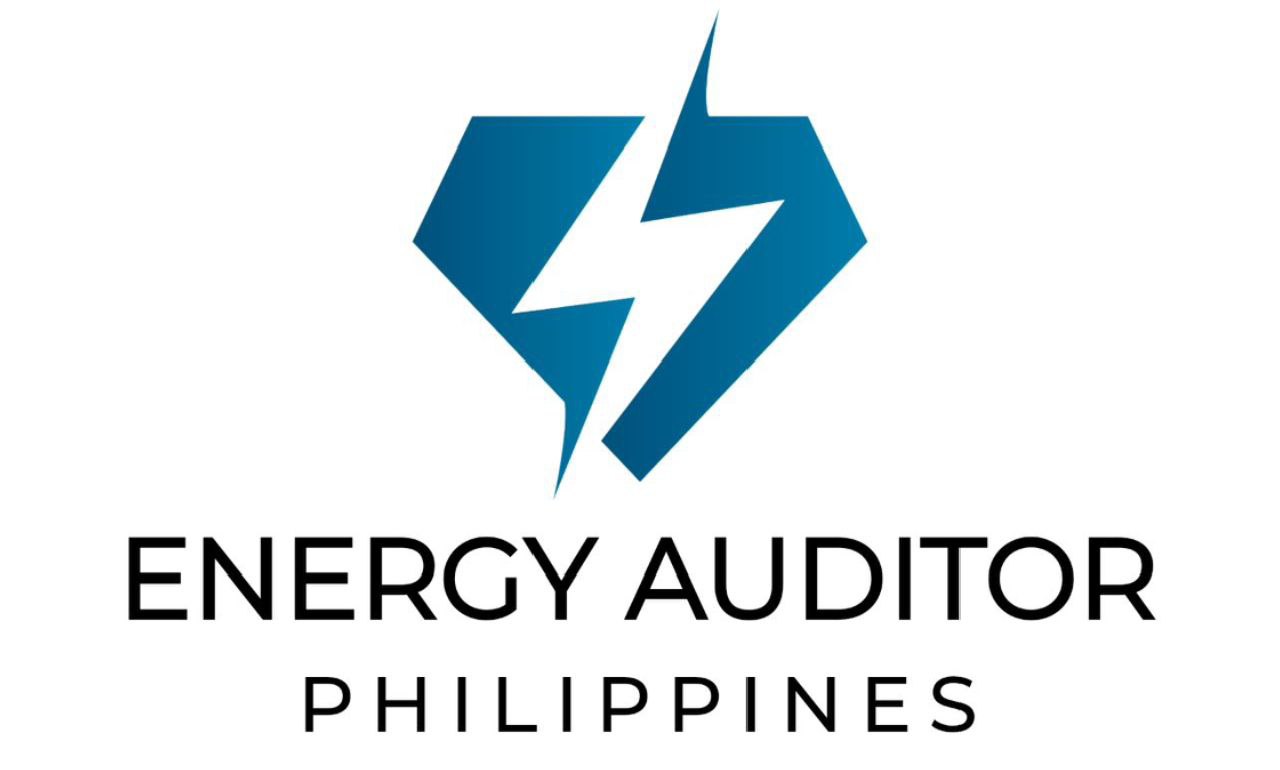In the dynamic landscape of Philippine industries and commercial establishments, the pursuit of sustainability isn’t just a moral imperative—it’s a strategic advantage. Enter energy audits, a transformative tool offering direct advantages and cost-saving potentials that redefine the way businesses operate. In this exploration, we delve into how energy audits drive sustainability and benefit businesses across the diverse economic spectrum of the Philippines.
Enhanced Operational Efficiency
Energy audits serve as a guiding beacon for businesses aiming to streamline their operations. By meticulously assessing energy consumption patterns, these audits identify areas of inefficiency within manufacturing processes, supply chains, or infrastructure. For industries in the Philippines, where energy-intensive operations often dominate, optimizing these processes through energy audits leads to enhanced operational efficiency.
Cost Savings and Improved Bottom Line
The direct financial benefits of energy audits cannot be overstated. For businesses in the Philippines, where energy costs can constitute a significant portion of operational expenses, identifying and rectifying energy wastage translates into substantial cost savings. By implementing the recommendations derived from audits—whether it’s upgrading to energy-efficient equipment, optimizing HVAC systems, or leveraging renewable energy sources—businesses can tangibly reduce energy bills and bolster their bottom line.
Competitive Advantage and Market Positioning
Embracing sustainability through energy audits isn’t just about cost-cutting; it’s about staying ahead in a competitive market. Businesses that proactively reduce their carbon footprint and promote energy-efficient practices gain a competitive edge. In the Philippines, where consumer awareness and demand for eco-friendly products and services are on the rise, a commitment to sustainability through energy audits can enhance brand reputation and market positioning.
Regulatory Compliance and Risk Mitigation
With evolving environmental regulations and sustainability benchmarks, businesses in the Philippines face increasing pressure to comply with stringent standards. Energy audits not only aid in meeting regulatory requirements but also mitigate risks associated with potential penalties or reputational damage due to non-compliance. By adopting energy-efficient practices recommended through audits, businesses can future-proof themselves against regulatory changes.
Fostering Corporate Social Responsibility (CSR)
Energy audits align seamlessly with corporate social responsibility initiatives. Businesses in the Philippines recognize the importance of contributing positively to society and the environment. Implementing energy-efficient measures not only showcases a commitment to sustainability but also fulfills social responsibility by reducing carbon emissions and preserving natural resources for future generations.
Embracing a Sustainable Business Future
In conclusion, energy audits serve as catalysts for transformative change within businesses across the Philippines. By optimizing energy consumption, reducing costs, and positioning themselves as sustainability champions, businesses pave the way for a more sustainable future. The advantages extend beyond financial gains to encompass market leadership, regulatory compliance, and a heightened commitment to corporate social responsibility.
For businesses in the Philippines, the decision to embrace energy audits isn’t just about saving energy—it’s about powering profitability, driving innovation, and spearheading a sustainable business landscape for generations to come. By harnessing the potential of energy audits, businesses unlock a future where sustainability and success go hand in hand.











































